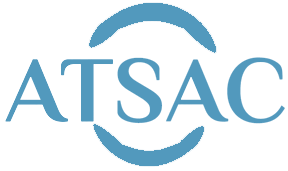Eating Disorder Therapy
Eating Disorder Therapy
Eating disorders are serious mental illnesses that involve disordered eating behaviour. This might mean limiting the amount of food eaten, eating very large quantities of food at once, getting rid of food eaten through unhealthy means (e.g. purging, laxative misuse, fasting, or excessive exercise), or a combination of these behaviours. It’s important to remember that eating disorders are not all about food itself, but about feelings. The way the person interacts with food may make them feel more able to cope, or feel in control.
Eating disorders can cause serious harm, so acute sufferers can need to be hospitalised to regulate their eating safely. But, even when the physical crisis has passed, the hardest part of the recovery work begins: addressing the emotional issues that have manifested the eating problem.
Working in therapy for an eating disorder requires time, trust and patience – in both the client and the therapist. It is impossible to keep yourself safe by creating distance from food, because it is essential to life, so a different relationship has to be found with it. This is almost always dependent on being able to foster a different view of yourself and your past.
Alongside the psychological aspect of recovery, the client and therapist need to work together on creating structure and safety around food, eating patterns, meal plans, and working towards rebuilding a life and a future that has often been limited by the illness. By working on the practical aspects of living with food and the emotional aspects of living with the past, a new, more fulfilling life, can be found.
Recovery from an eating disorder is not an easy journey, nor one that can be made alone. I have been privileged to be the travelling companion of many clients who have made the journey into a happier life and a healthier relationship with food, and would like to be that person for you too.
Book a 1 Hour Therapy Session Today!
Eating Disorder Counselling
£100




